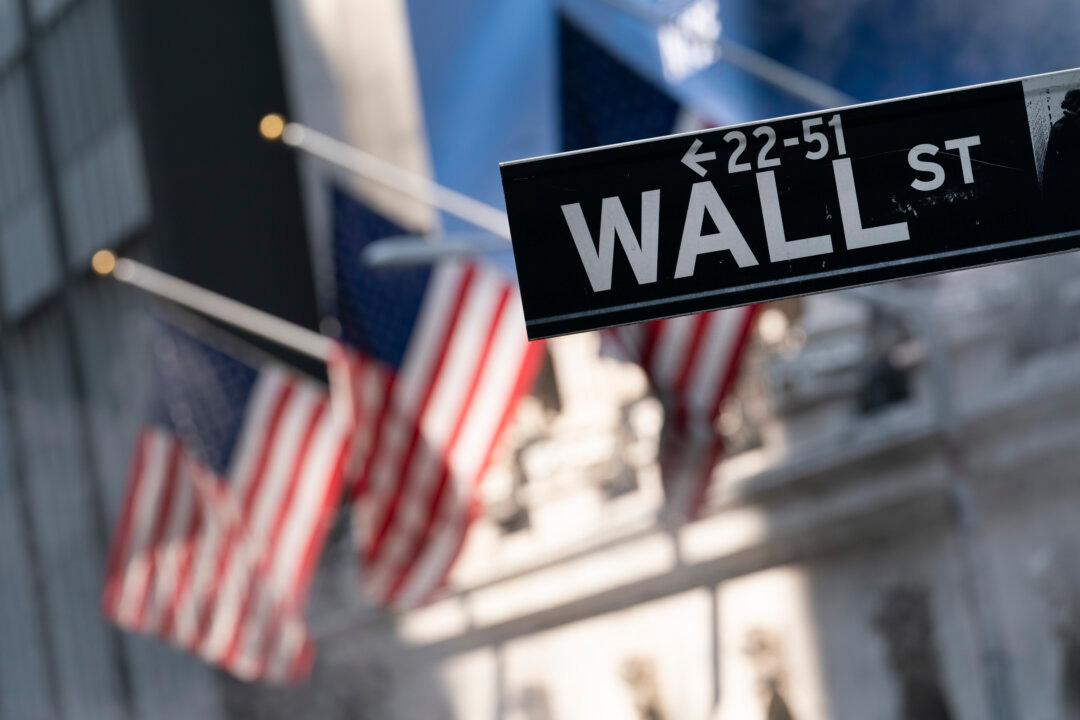Stocks fell broadly on Wall Street Tuesday as new data showing that inflation is still running high put a spotlight on what action the Federal Reserve will take as it holds its last meeting of the year.
The S&P 500 index fell 0.7 percent, adding to its losses from a day earlier. Nearly 70 percent of the companies in the benchmark index fell, led by technology stocks. Only financial sector stocks eked out again.





